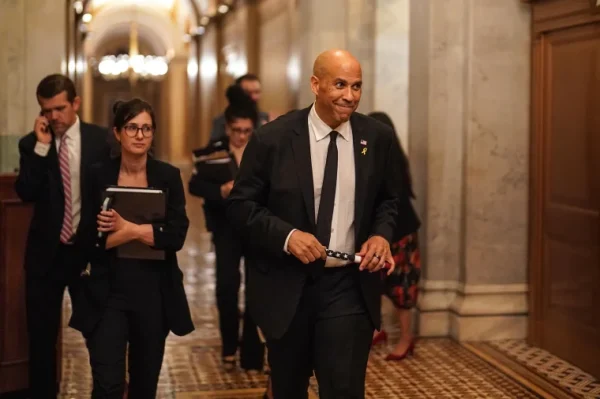Changes to Bylaws Undermine College Values
To the Oberlin College Board of Trustees,
I am writing to try to understand the strategic long-term vision of the trustees of Oberlin College. I learned recently that the Board is planning to revise the College’s bylaws to make clear the faculty’s subsidiary role in the governance of the institution, undoing a value that has long made Oberlin unique.
How is it that the leadership of the institution is still in place after spending millions of dollars in defense of losing a legal action resulting in a judgment of tens of millions of dollars; a case, which, in my view, might have been settled for the cost of a cup of coffee and a doughnut? In my book, when a misjudgment of that order of magnitude is made by management, best practice is that management should change. Making matters worse, that final judgment resulted in a front-page story in The New York Times, often considered to be the national newspaper of record, that was personally embarrassing to many alumni. That alone should have caused the chair and president to resign. The failure to settle the case is seen at best as a matter of considerable hubris on the part of the board.
What does it say about the values to which we all subscribe when the incomes of many community members have been destroyed or devastatingly reduced by the outsourcing of services? As a former administrator of an elite institution of higher education (with many years in property management), it is my experience that service quality always decreases after such a move — with minimal cost savings. Layer on top of that the recent violation of college norms with respect to reproductive health services that also landed the College in the newspapers (again as a result of outsourcing) at the same time the College’s president is at the White House discussing reproductive rights. How can this be honestly explained?
Finally, the trustees’ unwillingness to be forthcoming about how the endowment is managed is concerning. For a period of about a decade after the turbulence in the financial markets of the late aughts, the endowment seriously underperformed the broad market indices, as far as I could tell. And now the College’s investment strategy has wildly swung in the opposite direction with a majority of the corpus invested in alternative products — which are by definition volatile, opaque, and expensive — in addition to the institution adding the cost of an in-house investment management function. The expenses of this strategy must considerably outweigh any benefit that might have been gained from the staff outsourcing. The trustees have been unwilling to share basic information with the community about the endowment’s return or its costs of management, which is not at all in the spirit of the institution I attended.
It is my sense that since the dismissal from the board of Peter Kirsch and Roberta Manaker, the board has lacked a diversity of views and lost its way. It is heartbreaking to me, with so many friends and acquaintances on the board, that the College has forfeited its identity as being unique — a place that cherishes (rather than pays lip service to) outstanding intellectual and artistic achievement — and has chosen to become conventional, risk-averse, and undistinguished. Going along to get along is not fulfilling the obligations of a fiduciary.
With all best wishes,
Andy Manshel, OC ’78




